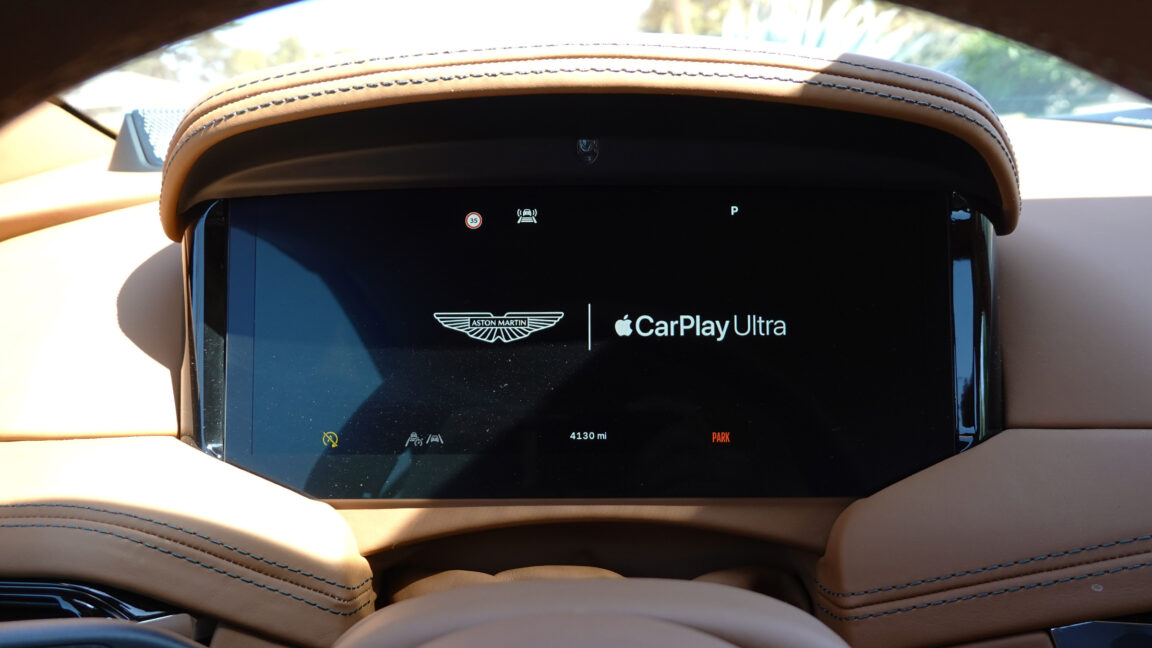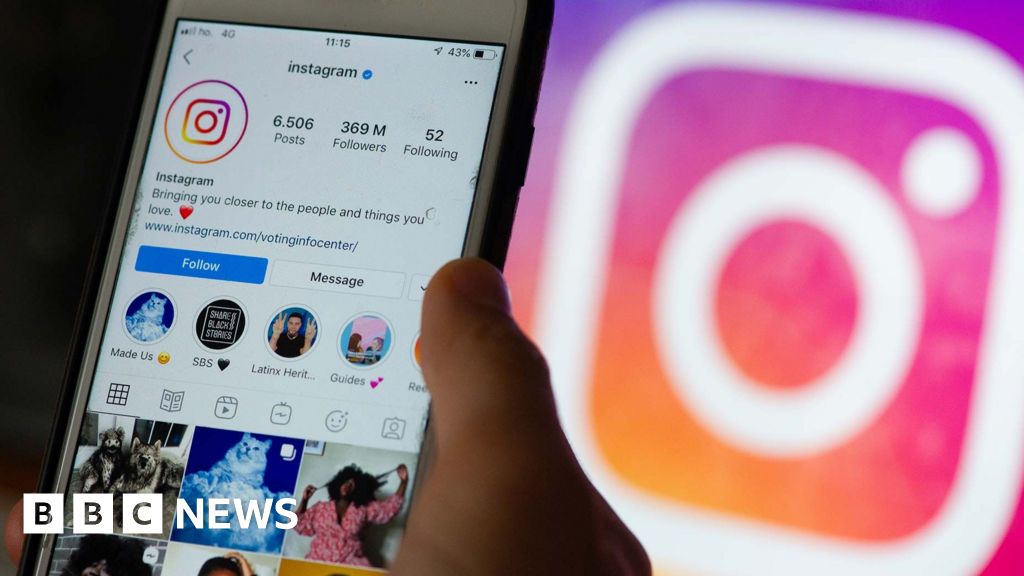Apple's Lawsuit Against Prosser Sparks Debate on Tech Leaks

Introduction
In a recent turn of events, tech giant Apple has filed a lawsuit against well-known leaker Jon Prosser for his YouTube leaks on the yet-to-be-released iOS 26. Prosser, who has gained a substantial following for his accurate leaks in the past, has responded to the lawsuit with his own statement. This move by Apple has sparked a debate on the line between protecting trade secrets and freedom of information.
Key Details
According to the lawsuit, Apple has accused Prosser of obtaining confidential information and trade secrets through unauthorized means and violating the Computer Fraud and Abuse Act. Prosser, on the other hand, has maintained that the information he shared was obtained through legitimate sources and was already public knowledge. This case brings to light the challenges faced by companies in keeping their products under wraps and the impact of leaks on their marketing strategies.
Impact
This lawsuit has raised questions about the ethical and legal implications of leaks in the tech industry. While leaks can generate buzz and hype for upcoming products, they can also harm a company's plans and potentially affect their bottom line. The case also highlights the need for stringent measures to protect trade secrets and the importance of responsible journalism in the tech community. As the legal battle unfolds, it will be interesting to see how this case will impact the future of tech leaks and the relationship between companies and
About the Organizations Mentioned
Apple
Apple Inc. is a leading American multinational technology company known for pioneering personal computing, mobile devices, and software ecosystems. Founded in 1976 by Steve Jobs and Steve Wozniak, Apple revolutionized technology with the first commercially successful personal computer and mainstream adoption of the graphical user interface (GUI), setting new standards in product design, user experience, and seamless integration across devices[2]. Headquartered in Cupertino, California, Apple’s product lineup includes the iPhone, iPad, Mac computers, Apple Watch, AirPods, and services such as the App Store, Apple Music, and iCloud. The company has built a vast ecosystem that enables third-party developers to expand product functionalities, strengthening its market dominance. Apple is widely recognized for its innovation in hardware, software, and services, with an emphasis on aesthetics and privacy. In 2025, Apple committed to its largest-ever investment initiative, pledging $600 billion over four years in the United States to boost manufacturing, research and development, and advanced technology sectors like artificial intelligence (AI) and silicon engineering[1][3]. This includes new manufacturing facilities, expanded R&D centers, and a program called the American Manufacturing Program (AMP) to encourage domestic production of critical components. These efforts support over 450,000 U.S. jobs and aim to establish a robust supply chain within the country[3]. Financially, Apple remains a powerhouse with a market capitalization of $3.84 trillion and annual revenue exceeding $400 billion. However, in 2025, it faced challenges including a 19% decline in stock value, intensified regulatory scrutiny from the U.S. Department of Justice over antitrust issues, legal disputes related to the App Store, and competitive pressure in AI technology[1][2]. Despite these hurdles, Apple continues to innovate, recently updating its software platforms with a unified "Liquid Glass" design and expanding its AI-driven personal assistant, Apple Intelligence[1]. Under CEO Tim Cook’s leadership, Apple balances technological advancement













